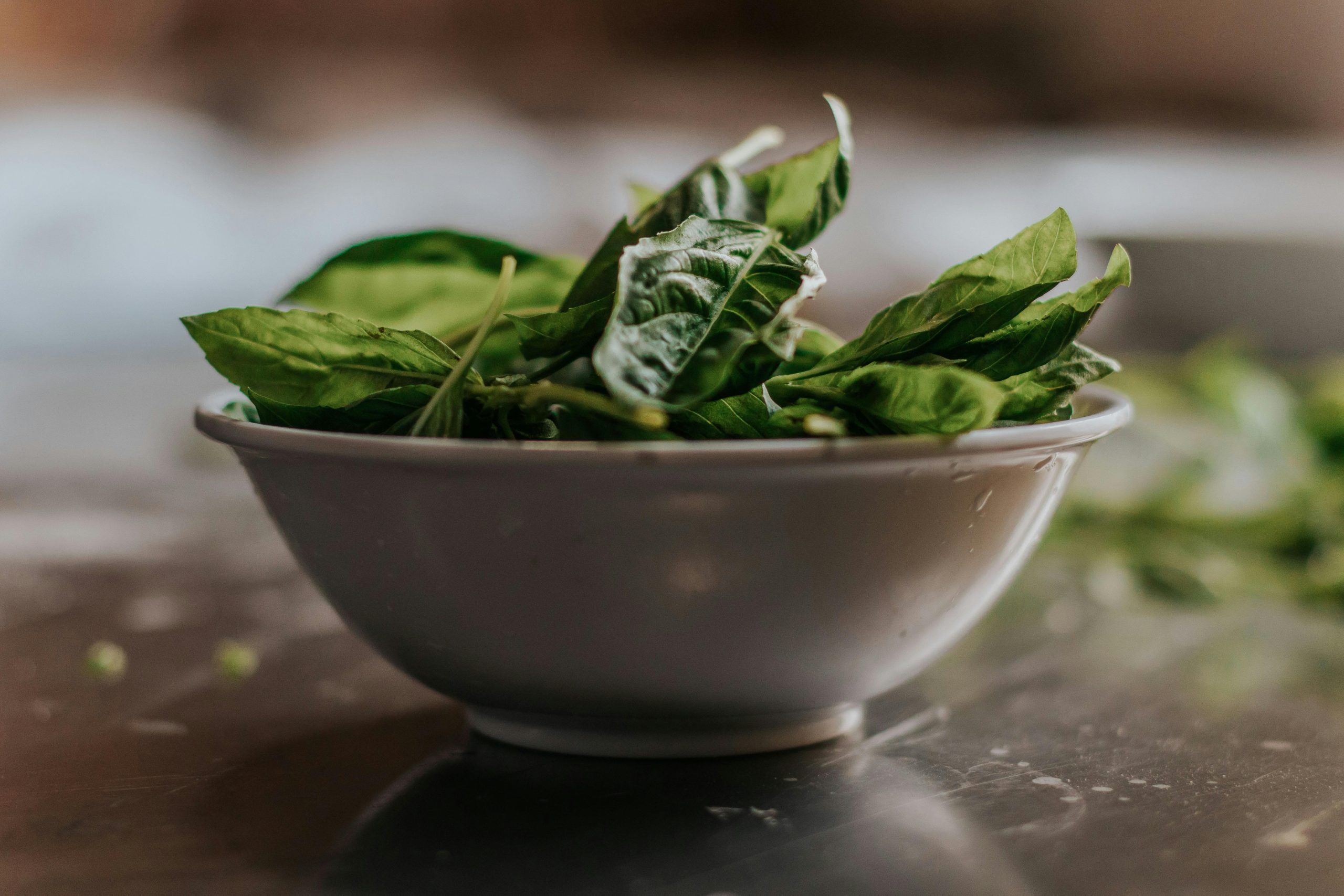We trust grocery stores to provide safe food for our families. However, foodborne illness outbreaks linked to contaminated grocery products occur more often than we might like. Certain types of foods are inherently more susceptible to contamination with harmful bacteria like Salmonella, E. coli, Listeria, or viruses like Norovirus. Understanding which products frequently cause outbreaks helps consumers take appropriate handling and cooking precautions to minimize risks. Public health agencies like the CDC track these outbreaks closely. Here are ten grocery products linked to health outbreaks.

Image Source: Pexels
1. Leafy Greens (Lettuce, Spinach)
Bagged salads, romaine lettuce, and spinach are frequently implicated in outbreaks, often involving E. coli or Listeria. Contamination can happen in the field through contaminated water or soil, or during processing and packaging. Thoroughly washing leafy greens is recommended, although it may not remove all pathogens, making proper sourcing and handling critical. Cooking greens kills pathogens, but they are often eaten raw.
2. Sprouts (Alfalfa, Mung Bean, etc.)
Raw sprouts thrive in warm, humid conditions ideal for bacterial growth, including Salmonella and E. coli. The seeds themselves can be contaminated, and the sprouting process allows bacteria to multiply rapidly. Many outbreaks have been linked to raw sprouts served on sandwiches or salads. Cooking sprouts thoroughly is the safest way to consume them, as washing is often insufficient to remove internal contamination.
3. Cantaloupe and Other Melons
Melons like cantaloupe grow on the ground, and their textured rind can trap bacteria (like Listeria or Salmonella) from soil or contaminated water. Cutting the melon can transfer bacteria from the rind to the edible flesh inside. Thoroughly washing the exterior rind before cutting and refrigerating cut melon promptly are important safety steps often overlooked by consumers at home.
4. Raw Poultry (Chicken, Turkey)
Raw chicken and turkey are well-known carriers of Salmonella and Campylobacter bacteria. Contamination can occur during slaughter and processing. Cross-contamination is a major risk in the kitchen – bacteria can easily spread from raw poultry or its juices to countertops, cutting boards, utensils, and other foods. Cooking poultry thoroughly to a safe internal temperature (165°F) is essential to kill these harmful bacteria before consumption.
5. Ground Meat (Beef, Pork, Turkey)
Ground meats are particularly susceptible to E. coli and Salmonella contamination because the grinding process can mix bacteria from the surface throughout the entire batch. Unlike a steak where surface bacteria are killed during cooking, pathogens inside a burger must be killed by cooking it thoroughly. Using a food thermometer to ensure ground meat reaches a safe internal temperature (160°F for ground beef/pork, 165°F for ground poultry) is crucial.
6. Raw Eggs
Eggs can sometimes be contaminated with Salmonella, either on the shell surface or, less commonly, inside the egg itself before the shell forms. While washing procedures reduce surface contamination risk for store-bought eggs, internal contamination remains a possibility. Eating raw or undercooked eggs (in homemade sauces, doughs, or sunny-side up) poses a risk. Cooking eggs until both yolk and white are firm is the safest practice.
7. Raw Milk and Soft Cheeses
Unpasteurized (“raw”) milk and cheeses made from it (like queso fresco, brie, or camembert) can carry dangerous bacteria such as Listeria, Salmonella, E. coli, and Campylobacter. Pasteurization is a heating process that kills these harmful pathogens. Health agencies strongly advise against consuming raw milk products, especially for pregnant women, older adults, young children, and those with weakened immune systems, due to the high risk of severe illness.
8. Deli Meats and Hot Dogs
Ready-to-eat processed meats, including deli cold cuts and hot dogs, can become contaminated with Listeria monocytogenes *after* factory cooking but before packaging. Listeria is particularly dangerous because it can grow even at refrigeration temperatures. Individuals at higher risk (pregnant women, older adults, immunocompromised) are often advised to heat deli meats and hot dogs until steaming hot (165°F) before eating to kill potential Listeria bacteria.
9. Fresh Berries

Image Source: Pexels
Outbreaks, sometimes involving Hepatitis A or Cyclospora, have been linked to fresh berries like strawberries, raspberries, and blackberries, particularly imported ones. Contamination can occur through contaminated water used for irrigation or washing, or through handling by infected workers. While washing berries before eating is recommended, it may not eliminate all risks, highlighting the importance of reliable sourcing and food safety practices throughout the supply chain.
10. Raw Flour
Perhaps surprisingly, raw flour has been linked to outbreaks of E. coli and Salmonella. Grains can become contaminated in the field or during processing. Eating raw dough or batter (like for cookies, cakes, or bread) made with raw flour poses a risk because the flour hasn’t undergone a kill step, like baking or cooking. Always handle raw flour carefully and avoid consuming uncooked products containing it.
Practice Food Safety Diligently
While the food supply is generally safe, outbreaks linked to various grocery products remind us of inherent risks, particularly with raw animal products, fresh produce, and ready-to-eat foods handled after cooking. Consumers play a vital role in prevention by consistently practicing safe food handling at home. This includes thorough cooking, proper washing of produce, preventing cross-contamination, prompt refrigeration of leftovers, and staying informed about food recalls. Awareness of commonly implicated foods helps focus these essential safety efforts effectively.
Read More
The Science Behind the Ban: What Research Says About Artificial Food Dyes
Recalls, Recalls, Recalls: 5 Scary Reasons There Are So Many Food Recalls


